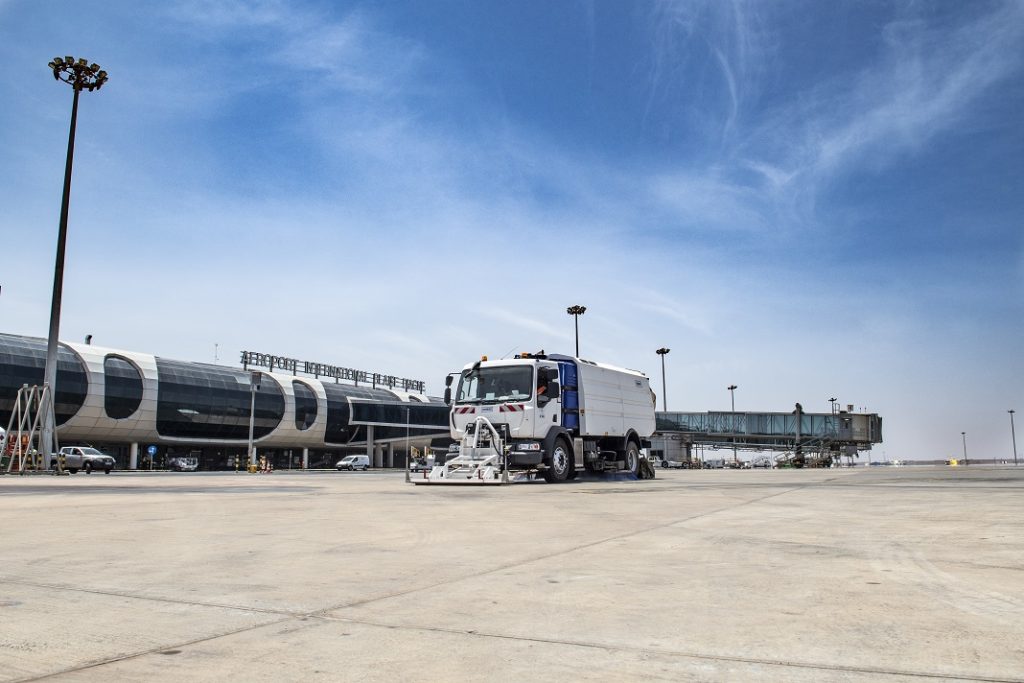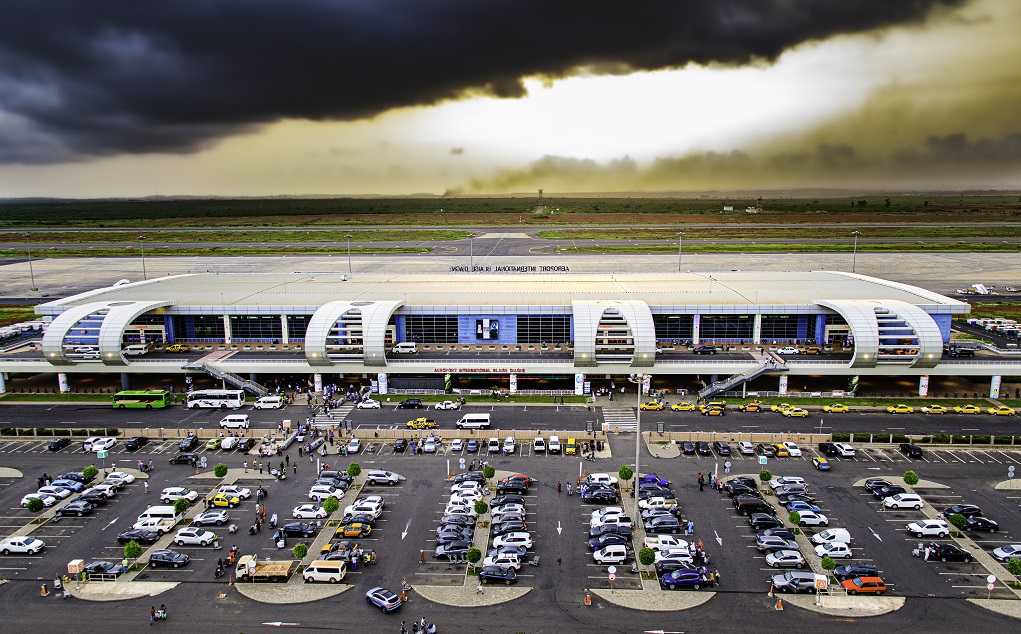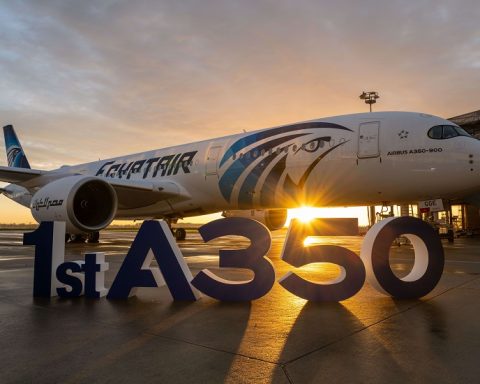By Roland Ohaeri
Dakar Airport is an important gateway to West Africa for airlines around the world. The airport is embracing exemplary innovations to stand out in Africa. Askin Demir, CEO, Aeroport Internationale Blaise Diagne, Dakar, Senegal here also gives exciting perspectives on how best the Africa Continental Free Trade Area (AfCFTA), as well as liberalization and 5th Freedom interconnectivity under the Single African Air Transport Market (SAATM) will work for African airports.
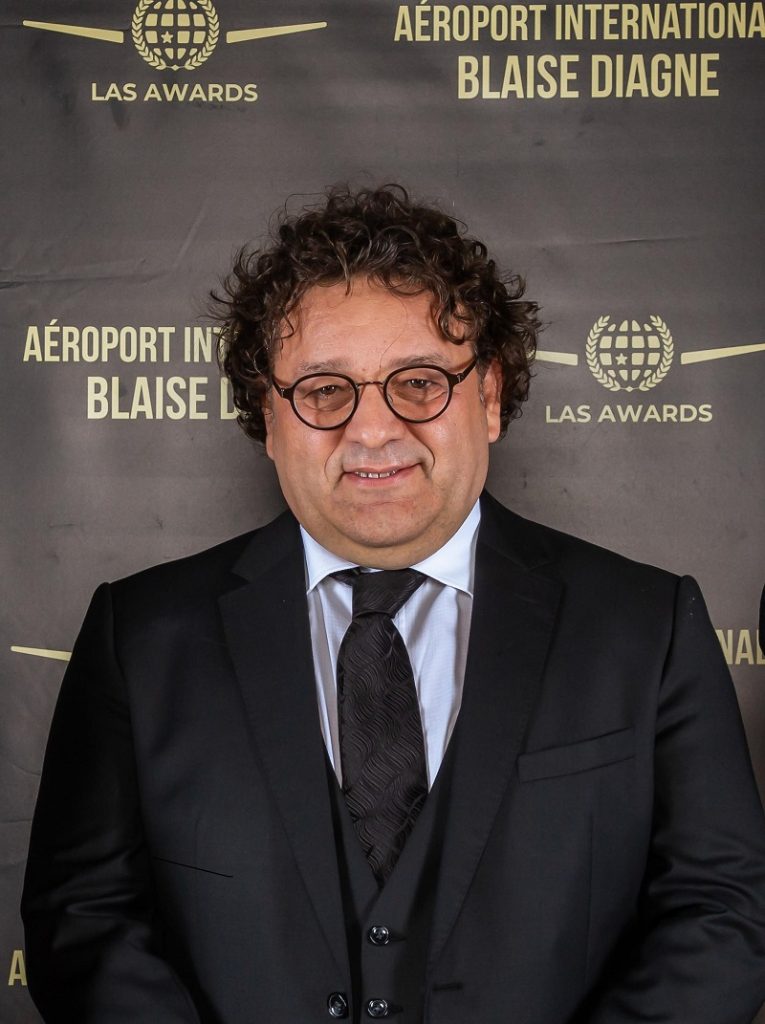
Q: Given current efforts to drive SAATM implementation and 5th Freedom airline operations in Africa, do you have African airlines willing to operate or currently operating 5th Freedom rights at Dakar Airport?
A: AIBD Dakar Airport’s strategic location as a gateway between West Africa and other regions makes it attractive for airlines seeking to exercise 5th Freedom rights. Airlines are considering Dakar as a hub from which they can efficiently connect passengers between different parts of Africa and beyond.
One of the challenges associated with implementing 5th Freedom rights, especially in the context of African aviation, is the need to balance competition with the protection of local carriers. Authorities often play a crucial role in regulating and approving international air services, including 5th Freedom rights. They may implement policies that balance the benefits of increased competition and connectivity with the need to protect the market share and viability of local airlines.
Q: The African Continental Free Trade Area (AfCFTA) is aimed at boosting trade, especially air cargo and integration in Africa; how do you describe the current level of cargo activities and growth at Dakar Airport?
A: Dakar’s geographic position offers significant advantages to our airport that position it as a key cargo hub in West Africa. AIBD Airport serves as a gateway between West Africa and other regions, including Europe, the Americas, and the Middle East. Its location on the Atlantic coast makes it strategically positioned for connecting trade flows between these regions.
Since the opening of AIBD Airport, there has been a notable upward trend in cargo activities, highlighting its growing importance as a regional hub for air cargo.
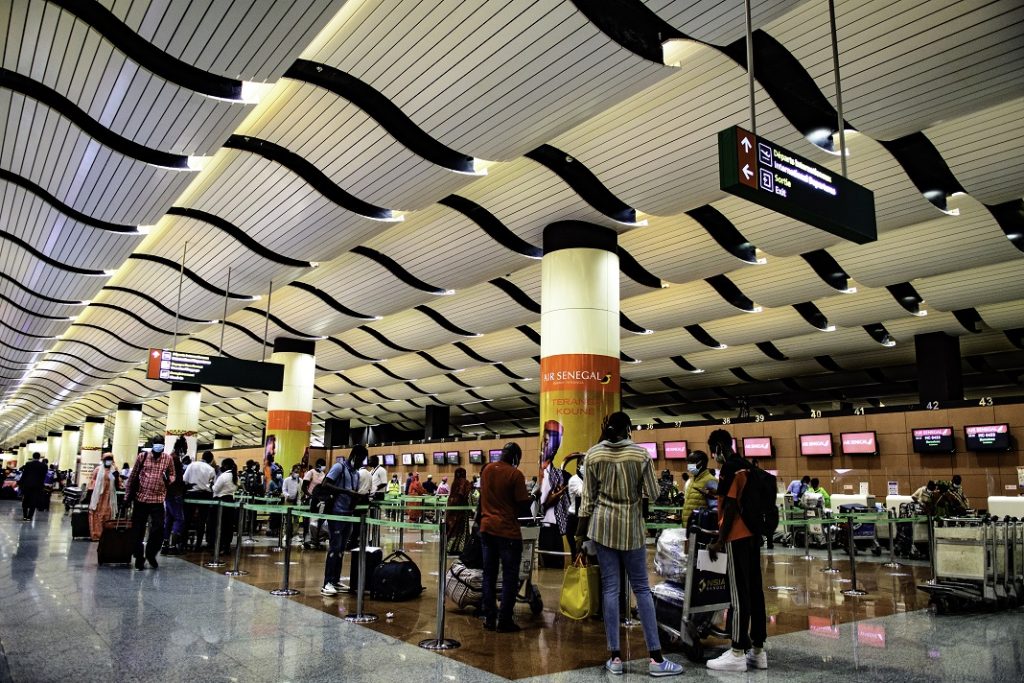
Q: Would you say non-aeronautical revenue has increased at Dakar Airport given the need for African airports to boost their non-aeronautical revenue, and what are the opportunities for businesses at the airport?
A: The pandemic highlighted the vulnerability of airports heavily reliant on aeronautical revenue, such as fees from airlines. Diversifying revenue streams into non-aeronautical areas, such as retail, dining, and real estate, becomes even more critical for financial resilience. Boosting non-aeronautical revenue is crucial for airports worldwide, including those in Africa like Dakar Airport. Non-aeronautical revenue includes income generated from sources other than aviation-related activities, such as retail, food and beverage, advertising, car rentals, and real estate.
To diversify revenue streams, Senegal is working on the concept of an “airport city” development. Here’s how specific projects like hotels, shopping malls, and training centers could contribute to revenue generation. Such projects not only diversify revenue streams beyond traditional aviation activities but also transform Dakar Airport into a multifaceted hub that supports economic growth, enhance passenger experience, and strengthen the airport’s role as a regional center of commerce and connectivity.
Q: How do you view the issue of aviation-tourism relationship, and are you making specific efforts to drive tourism in Senegal through the airport?
A: The relationship between aviation and tourism is symbiotic and crucial for economic growth, particularly in regions like Senegal where tourism plays a significant role. As the CEO of LAS Managing Company of AIBD, fostering this relationship involves several strategic efforts. We are collaborating with tourism boards, airlines, and travel agencies to market Senegal as a desirable tourist destination. This includes participating in international travel fairs and leveraging digital platforms for destination marketing. We are promoting sustainable tourism practices that preserve Senegal’s natural and cultural heritage. This involves supporting eco-friendly tourism initiatives, promoting responsible tourism behavior among visitors, and minimizing the environmental impact of tourism activities.
We are working to enhance air connectivity by attracting more airlines and routes to AIBD Airport. This includes promoting direct flights from key tourist markets to facilitate easier access for international travelers.
By focusing on these efforts, AIBD Airport and LAS can play a pivotal role in driving tourism growth in Senegal, contributing to economic development, job creation, and cultural exchange while enhancing the overall attractiveness of the region as a tourism destination.
Q: What would you describe as the major challenge or issue you face running the Dakar Airport, what keeps you awake at night?
A: Running Dakar Airport comes with its fair share of challenges that keep the management team, including LAS (Limak-Aibd-Summa), on their toes. Ensuring everything runs like clockwork—getting passengers through smoothly, handling luggage without a hitch, and making sure planes are in and out on time. It’s a juggling act to keep everyone happy and flights on schedule.
Managing the airport’s finances can be a rollercoaster – keeping costs in check while finding ways to bring in enough revenue to keep the lights on and the runways clear. Staying on top of all the rules and regulations — whether it’s about safety, the environment, or how we treat our team. It’s about playing by the book to keep everything running smoothly. Working with everyone involved – government folks, local communities, airlines, and anyone else who has a stake in what we do. It’s about making sure we’re all heading in the same direction for the airport’s success.
And if you ask me what keeps me up at night, it’s when I don’t hear the distant hum of aircraft engines. That silence tells me something isn’t quite right – it’s a reminder of the responsibility we have to keep the airport running smoothly and safely, day and night. It’s all part of the adventure of running AIBD Airport – a dynamic job that requires creativity, planning, and a knack for keeping things moving amidst the hustle and bustle of aviation life.
